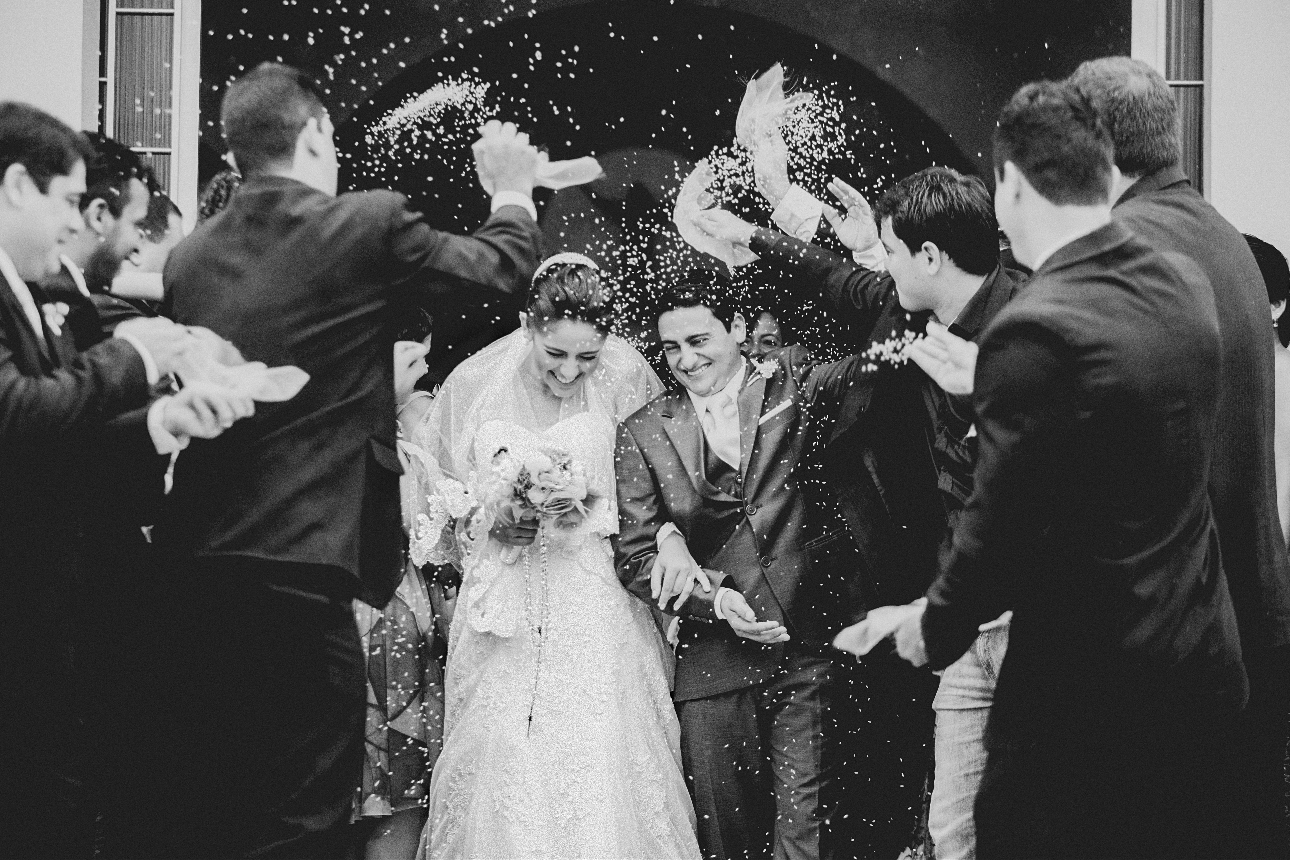Meet the De Vere Horsley Estate wedding team
De Vere Horsley Estate, located in East Horsley, Surrey, is a picture-perfect setting for nuptials....

My groom’s family is Italian and some of them don’t speak any English. How do we ensure they feel included during the speeches?
This is becoming an issue for more and more couples as relationships become increasingly international. Bringing two cultures together at a wedding can be wonderful but it’s not without its challenges, the prime example being the speeches.
Obviously, you want to avoid devoting 45 minutes to a part of the day where any guests may feel left out or simply just, bored. There are several options that couple’s turn to.
THE INTREPRETER
In my experience, this rarely works. Having someone interpret the speech as you go, means the speeches more than double in length and instead of just a small section of the guests feeling bored, everyone is! It also means that the speaker loses their flow and has to just stand there awkwardly for a fair portion of time.
WRITTEN INTERPRETATIONS ON THE TABLE
This can work better. Having the speech written in the guest’s language can ensure they are included without it proving a distraction.
So they don’t start reading the speeches prematurely, make sure the speech is put in an envelope and mark them ‘To be read later’. Then, they can read along as you deliver the speech.
To add a bit of humour maybe offer them some additional instructions e.g. ‘If in doubt, just laugh when everyone else does’!
If you want to be really thoughtful, you could ask the whole line-up of speakers to email their speech to the interpreter in advance of the wedding and ensure all the speeches are included in the envelope.
THE TOP & TAIL STRATEGY
My favourite way of including the international guests in the speeches is simply to do your homework. Include a few lines in their native tongue at the top and end of your speech. It could just be a welcome and apology for your poor language skills, or it could be humorous, for example ‘now, the speeches are an important part of a British wedding; one where all the speakers embarrass themselves in public by trying to be amusing. On that note, please do pretend to laugh whenever I give you this signal (e.g. raise your hand)’.
Another inclusive idea is to raise a toast that’s traditional to your international guests, whether it’s a Germanic ‘Jeder hört die Musik anders—aber der gemeinsame Tanz ist wunderbar‘ (i.e. ‘Everyone hears the music differently—but the dance together is wonderful’) or ‘za mod par’ (i.e. ‘to the newlyweds’) to include the Polish contingent.
Find more advice at www.speechy.com/speechy-advice/groom-speech